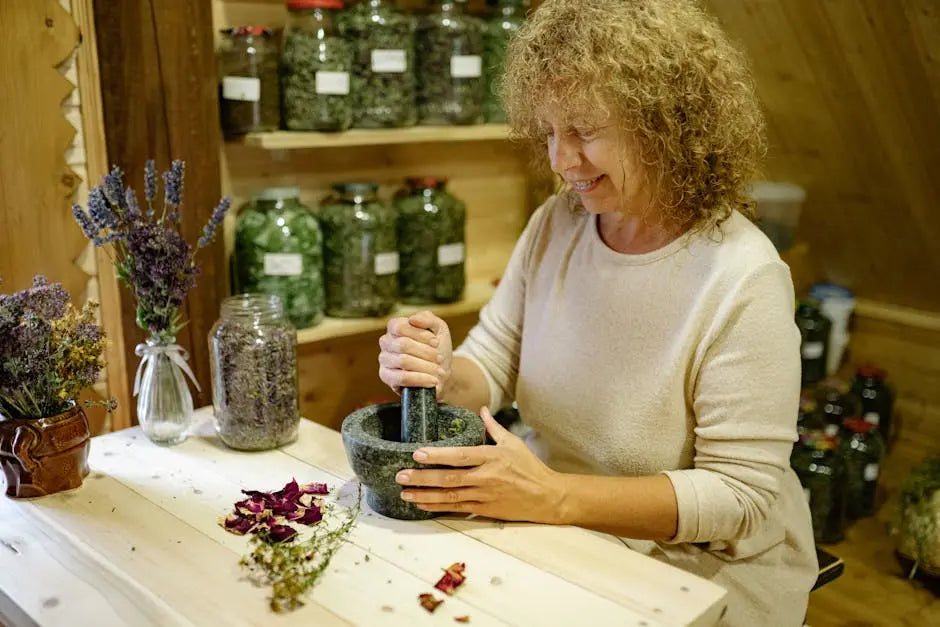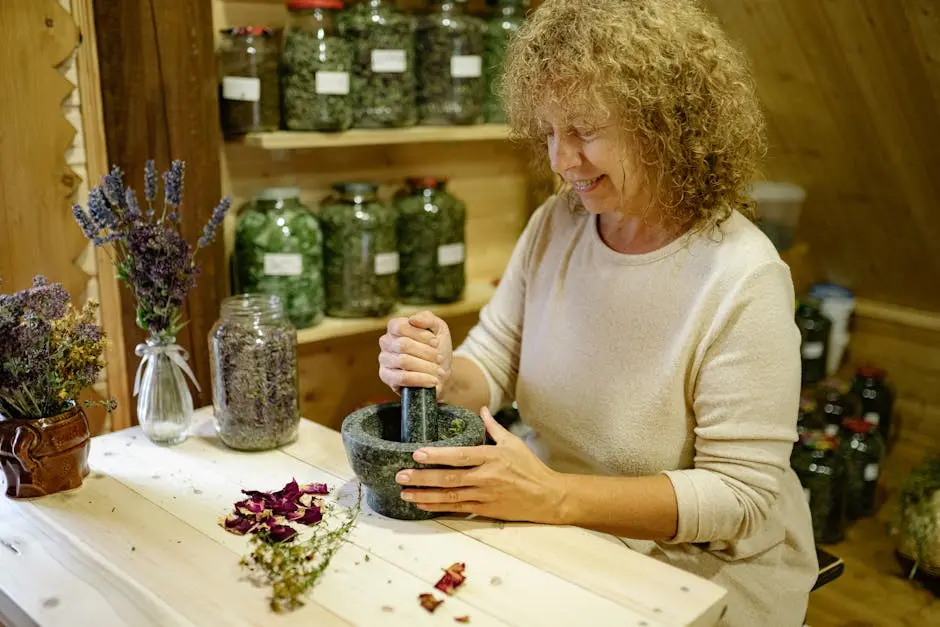
Are Plant Extracts Safe for Daily Use?
Share
Plant extracts have become increasingly popular for their various health benefits and natural appeal. But with their rising use, many wonder if these extracts are safe for daily consumption. In this FAQ, we’ll delve into the safety of daily plant extract use and provide some insights to help you make an informed decision.
What Are Plant Extracts?
Plant extracts are substances derived from various parts of plants, such as leaves, roots, flowers, or seeds. They’re concentrated forms of the plant’s active compounds, used for their health properties in supplements, cosmetics, and more.
The active compounds in plant extracts are the same components that plants use to protect themselves against threats and to thrive in their natural environments. These compounds can range widely, including essential oils, alkaloids, flavonoids, and terpenes, each offering unique health benefits. For instance, essential oils are often extracted for their aromatic properties and potential therapeutic benefits.
How Are Plant Extracts Used?
These extracts can be used in multiple ways, including as dietary supplements, in skincare products, and even in aromatherapy. Their application largely depends on the type of extract and its intended benefit.
Interestingly, the versatility of plant extracts means they’re not limited to just health supplements. For example, tea tree oil is a common ingredient in skincare products for its antimicrobial properties, while lavender oil is often used in aromatherapy to promote relaxation.
Moreover, in the culinary world, plant extracts such as vanilla or almond extract add rich flavors to dishes, showcasing their diverse applications beyond health-related uses.
Are There Any Known Risks?
While plant extracts can offer benefits, they may also carry risks, such as allergic reactions or interactions with medications. It’s essential to check labels and consult with a healthcare provider, particularly if you have underlying health conditions.
It’s crucial to recognize that even natural products can have potent effects. Adverse reactions can occur if extracts are improperly used or if someone has a specific allergy.
Additionally, some extracts can affect individuals differently, leading to digestive upset or other unwanted reactions. Therefore, it is wise to perform a patch test or cautiously integrate them into your routine initially.
What Should You Look for in Quality Plant Extracts?
When choosing plant extracts, look for products that are certified, free from additives, and third-party tested. Reputable brands will provide transparency about sourcing and purity, ensuring safety and effectiveness.
Pay attention to labels that indicate organic or sustainably sourced ingredients. This can help assure that the extracts are free from pesticides and other harmful chemicals.
It’s also beneficial to purchase from trusted retailers who adhere to stringent manufacturing guidelines to avoid contamination and ensure product quality.
Can You Use Them Every Day?
The ability to use plant extracts daily depends on the type of extract and individual tolerance. It’s best to start with recommended doses and observe how your body responds before long-term use.
Using plant extracts daily can be beneficial, especially in routines that focus on wellness and relaxation, such as using chamomile extract for its calming effects. However, always consult with a healthcare provider if you have concerns or specific health conditions that require caution.
Ultimately, it’s essential to listen to your body and adjust accordingly. Monitoring any changes or reactions will guide how often and how much of a particular extract you should incorporate into your daily life.
Ensuring Safe Daily Use of Plant Extracts
Incorporating plant extracts into your daily routine can be beneficial, but it’s crucial to understand their limitations and ensure their quality. Always prioritize purchasing from reputable sources and monitor your body’s reactions. If in doubt, consulting with healthcare professionals can provide additional guidance tailored to your personal health needs.
